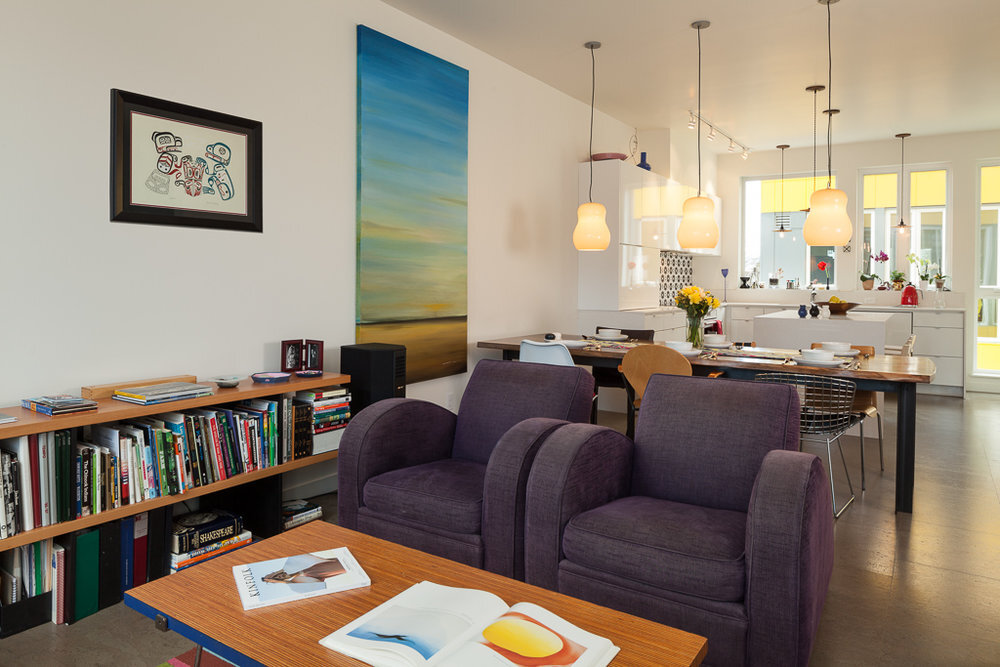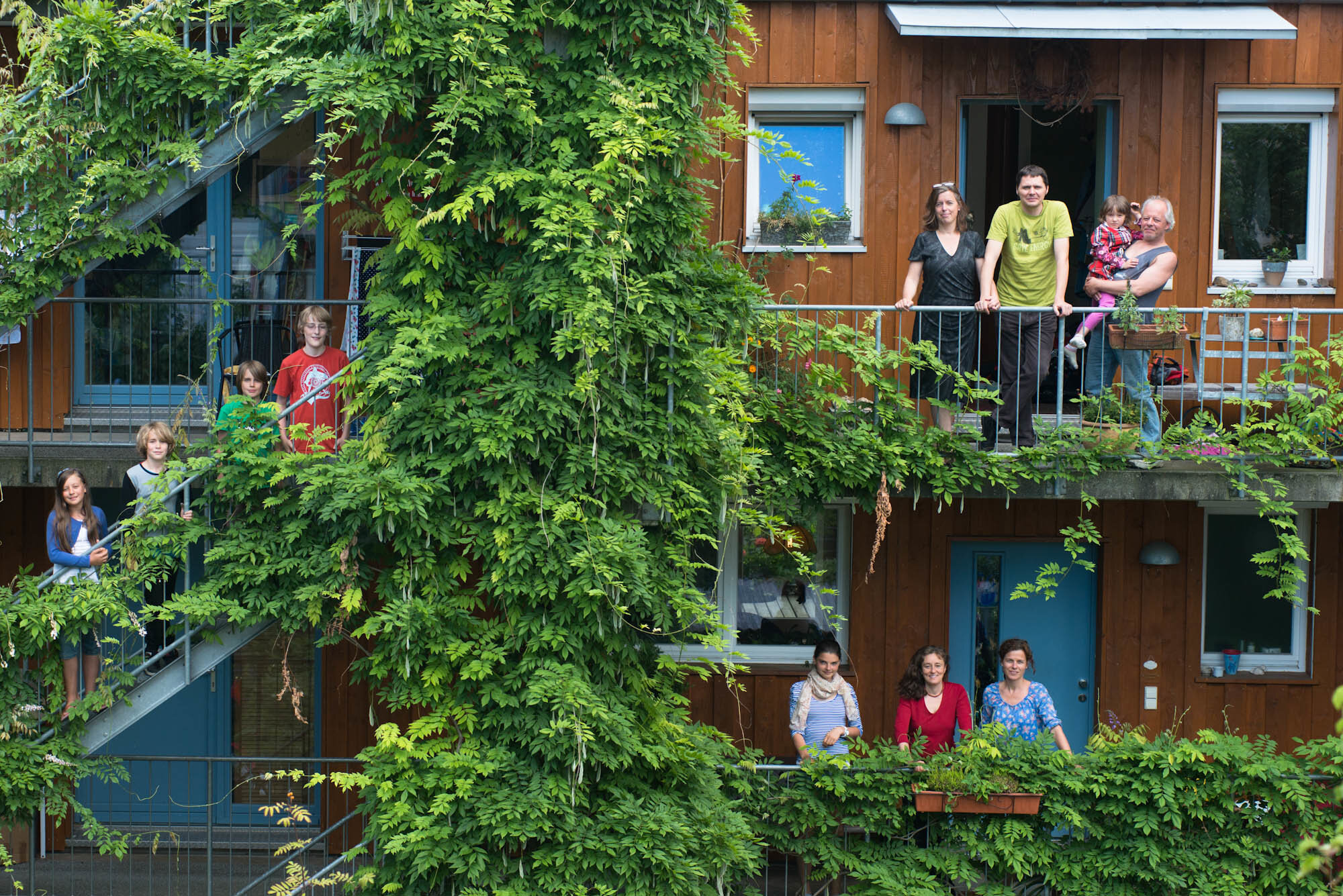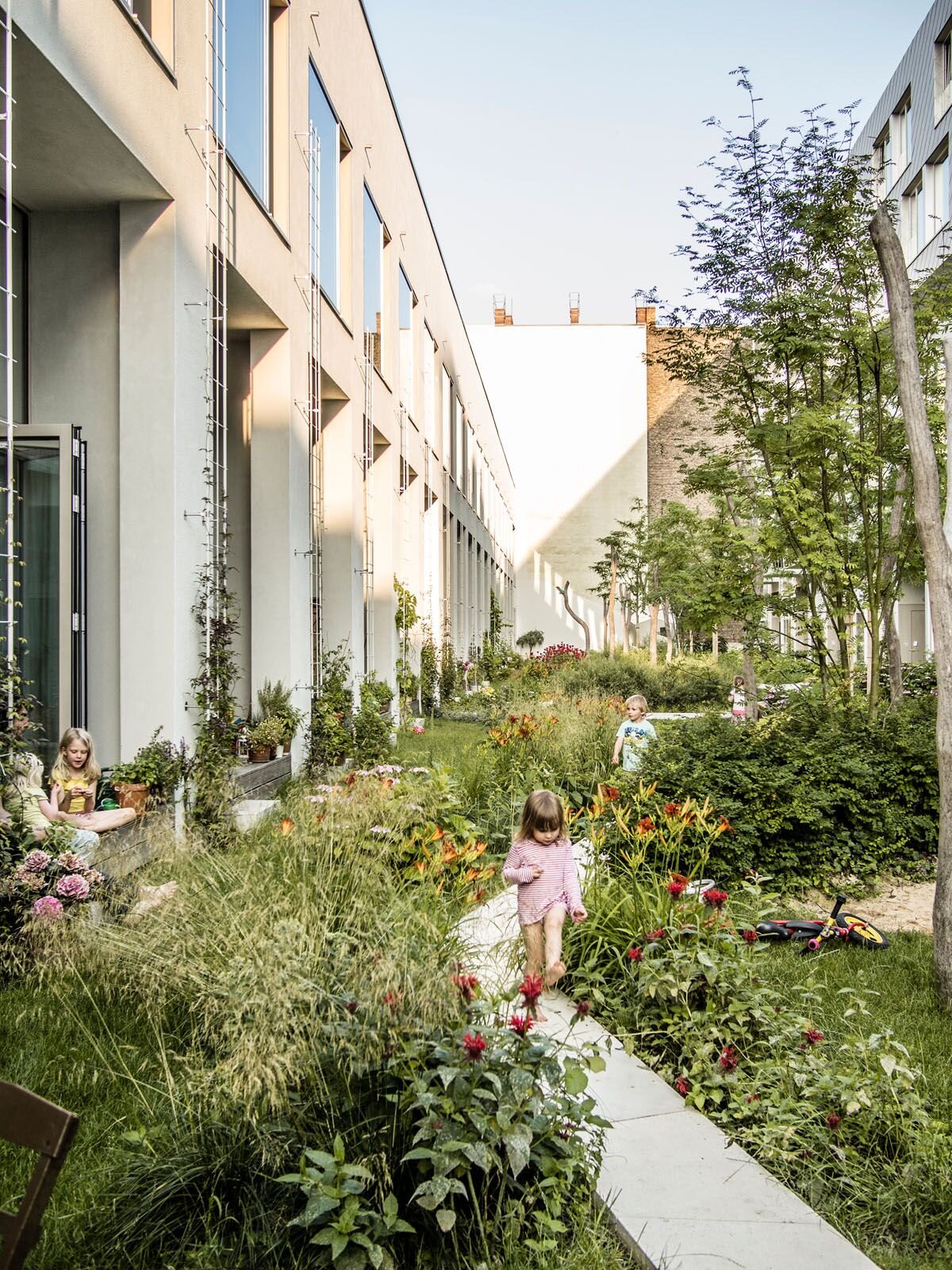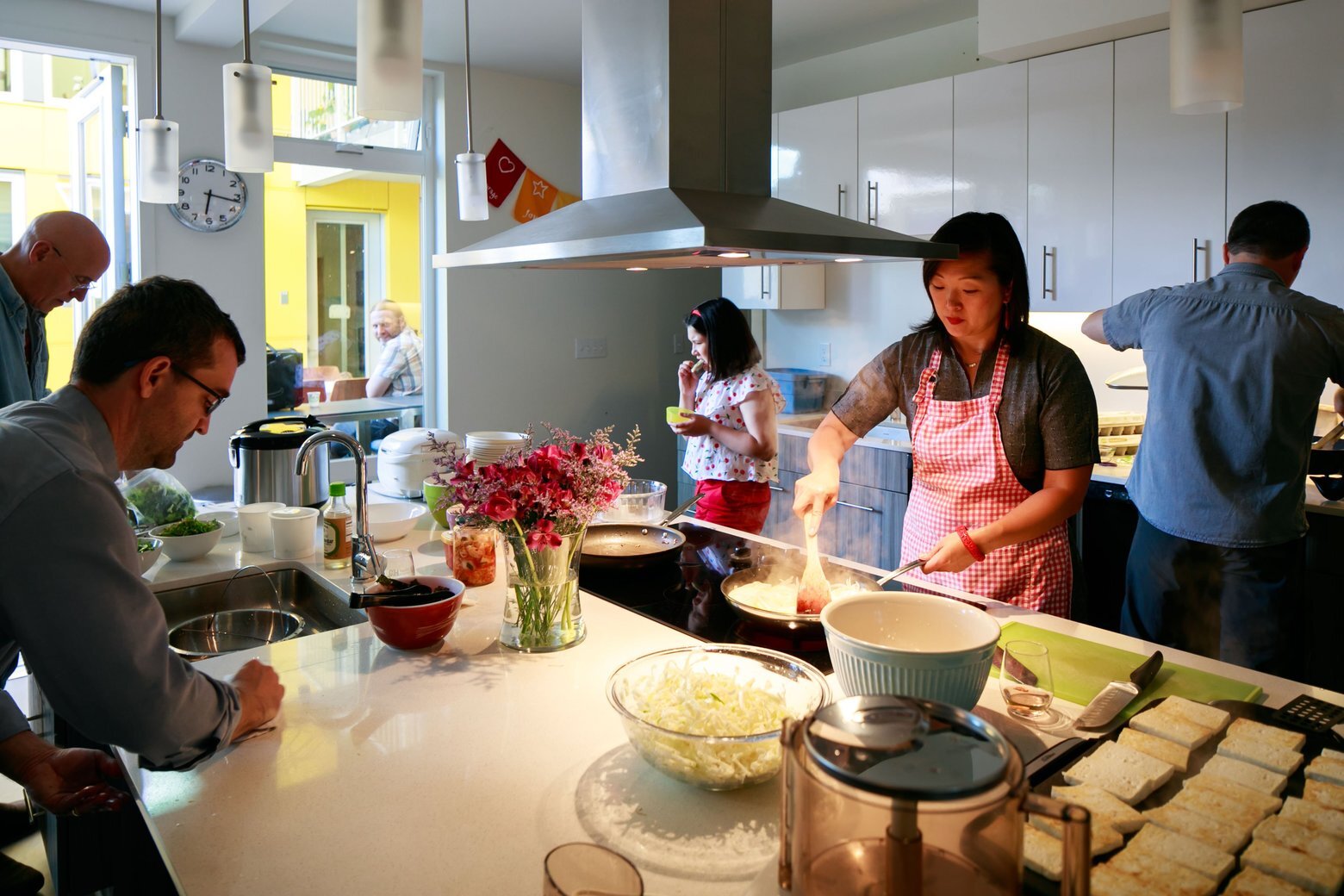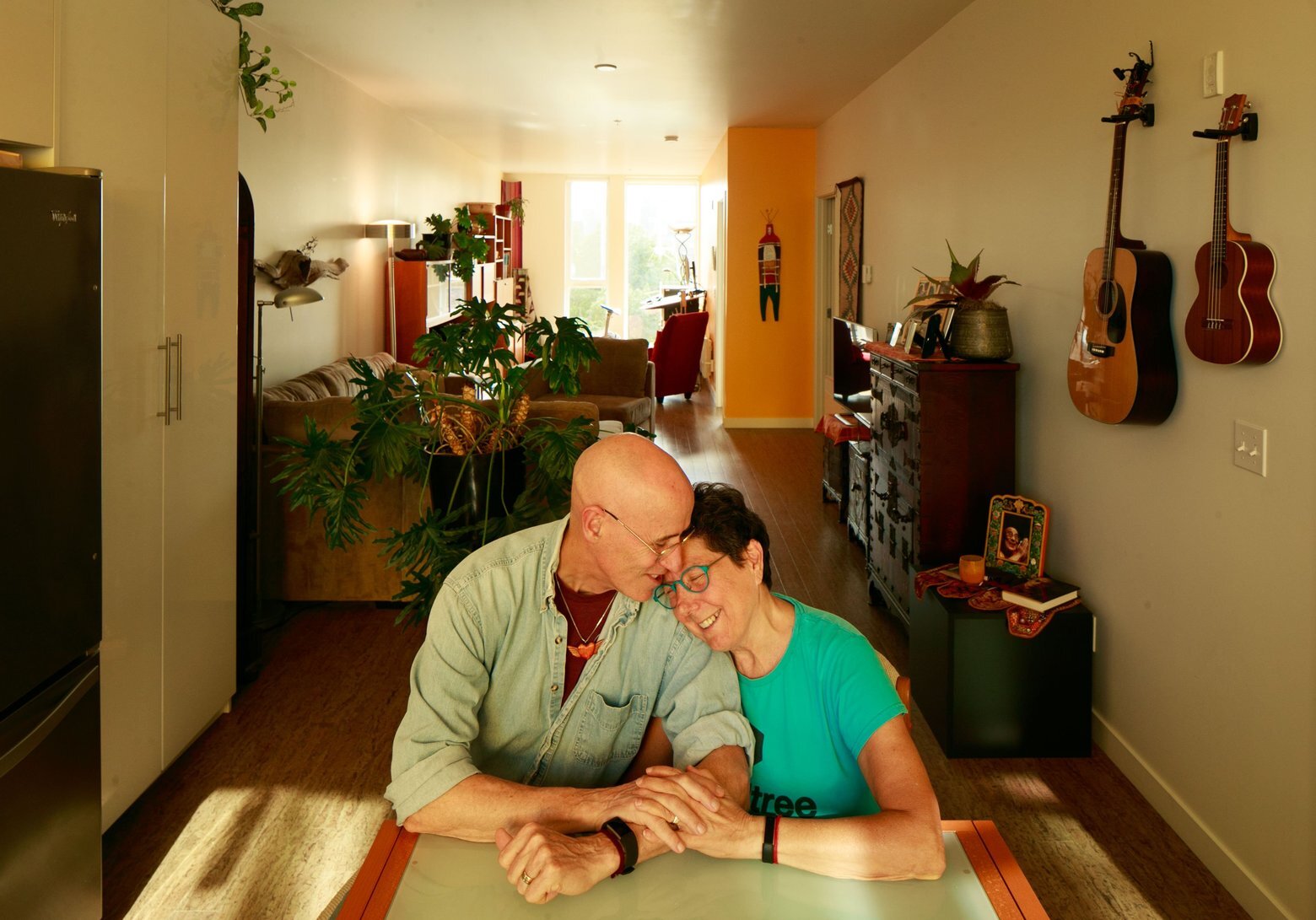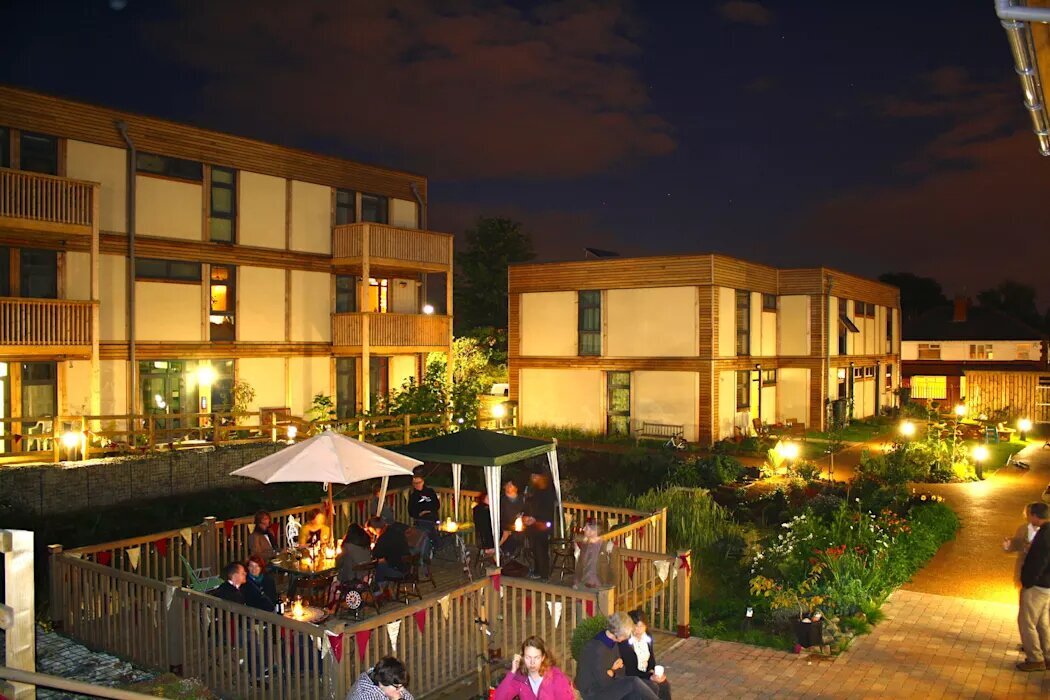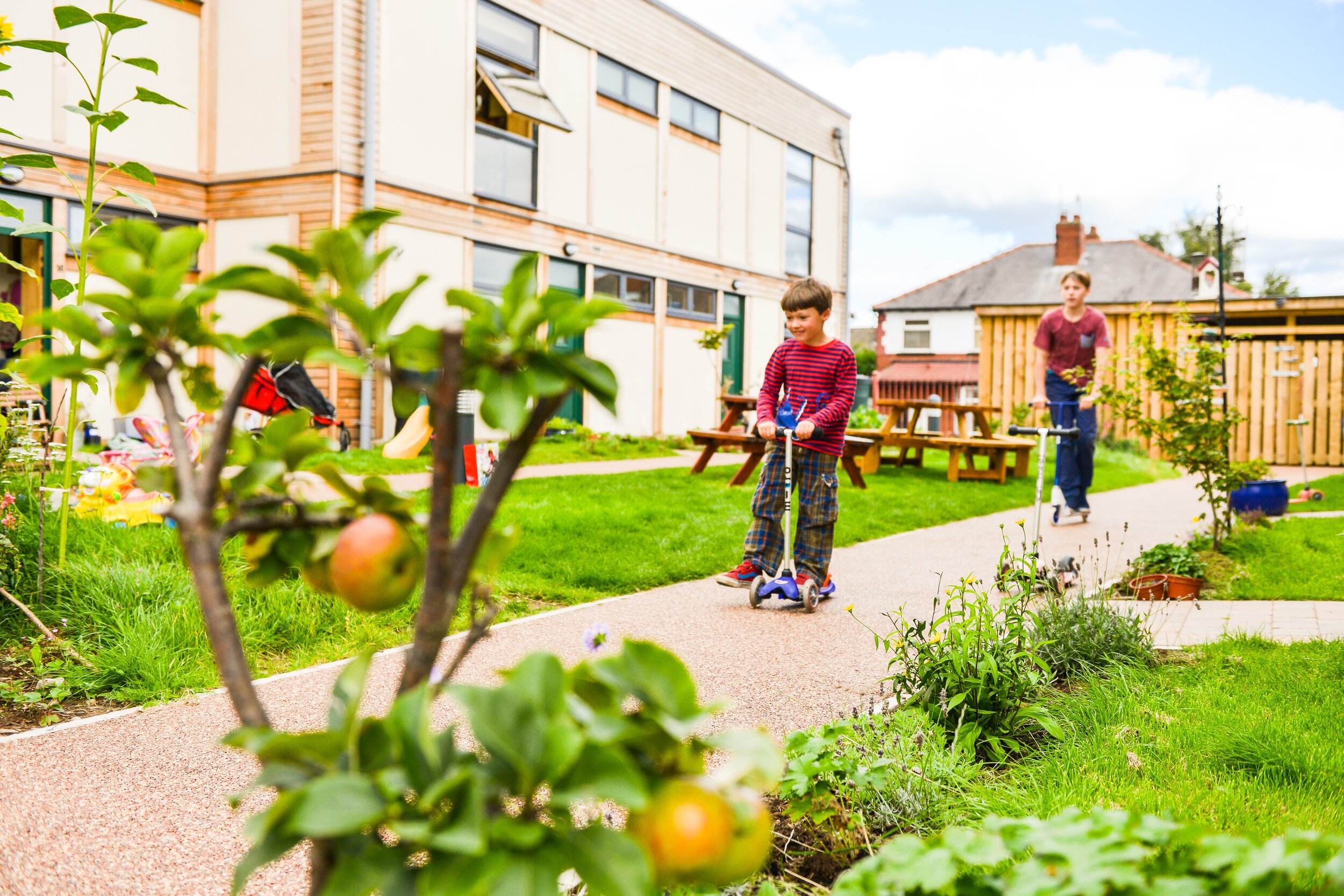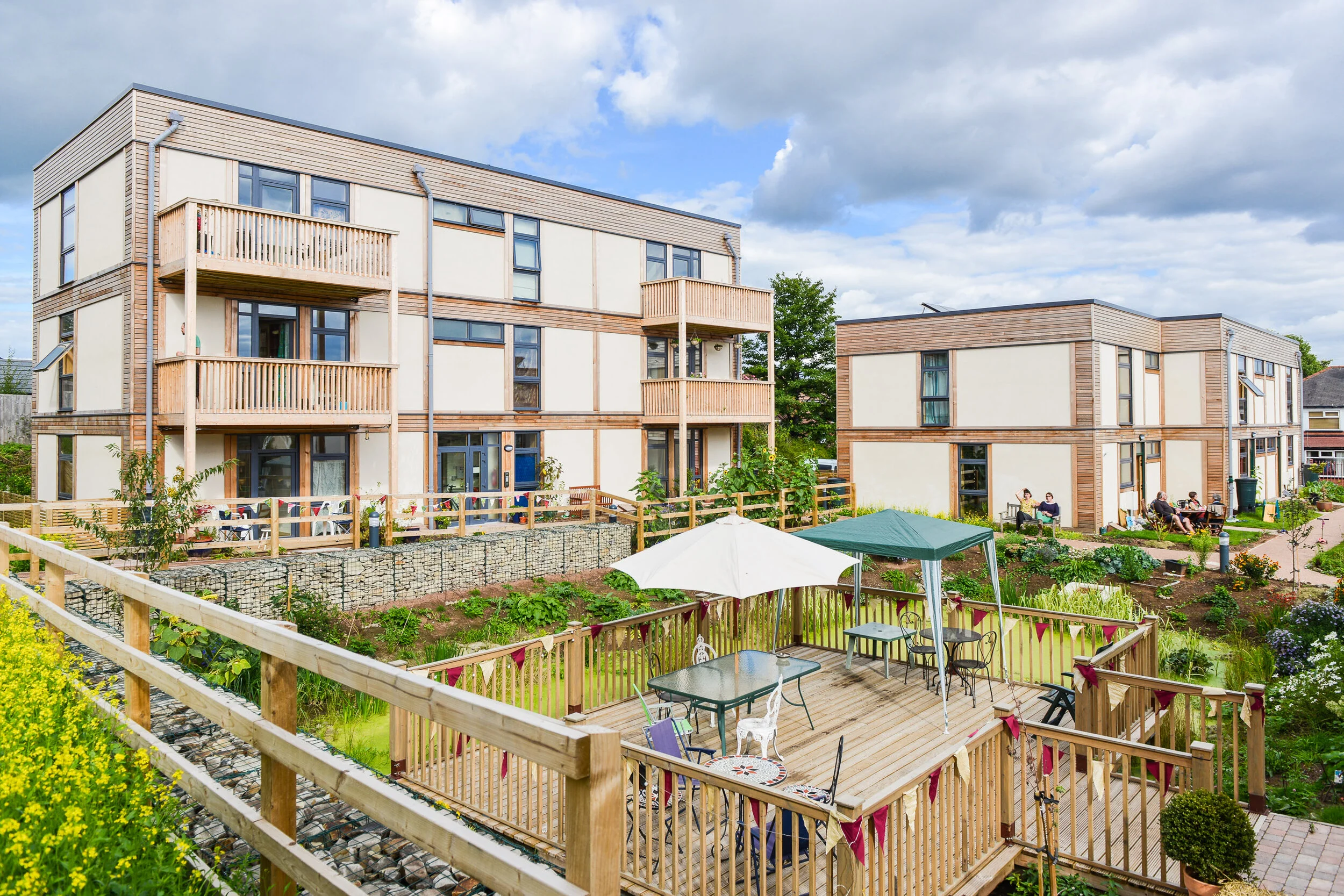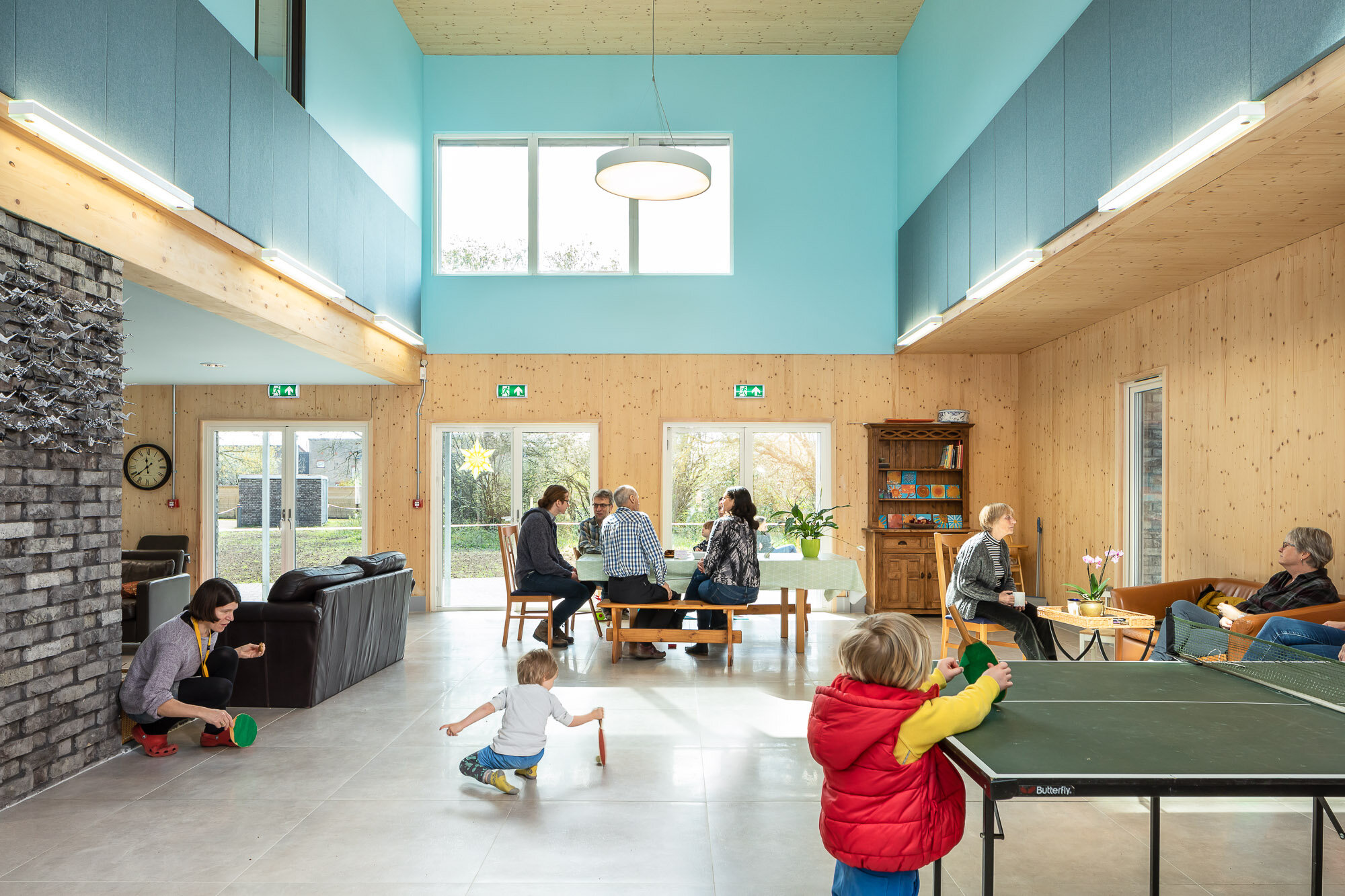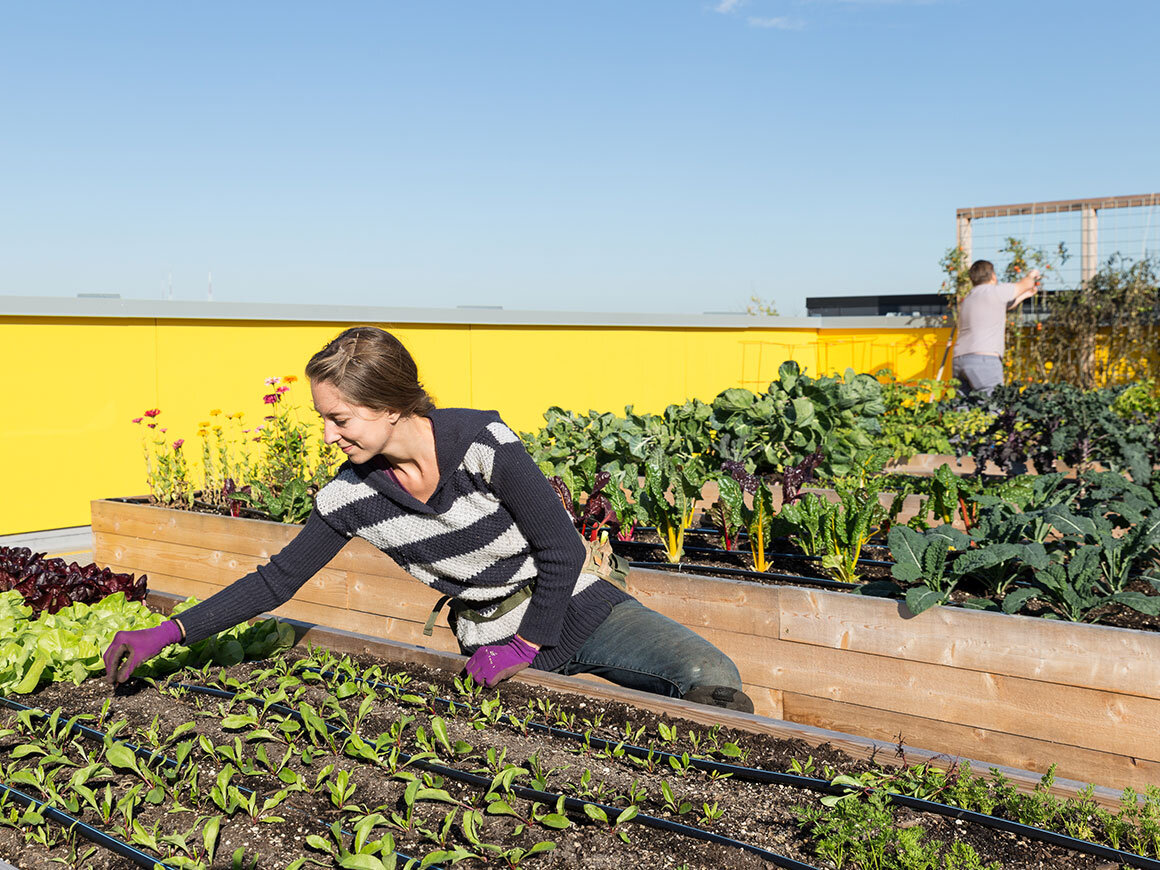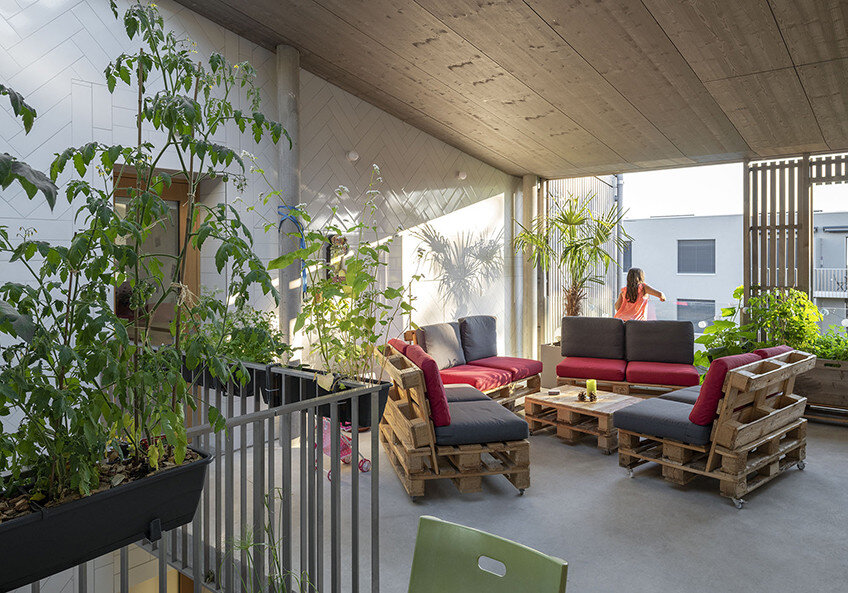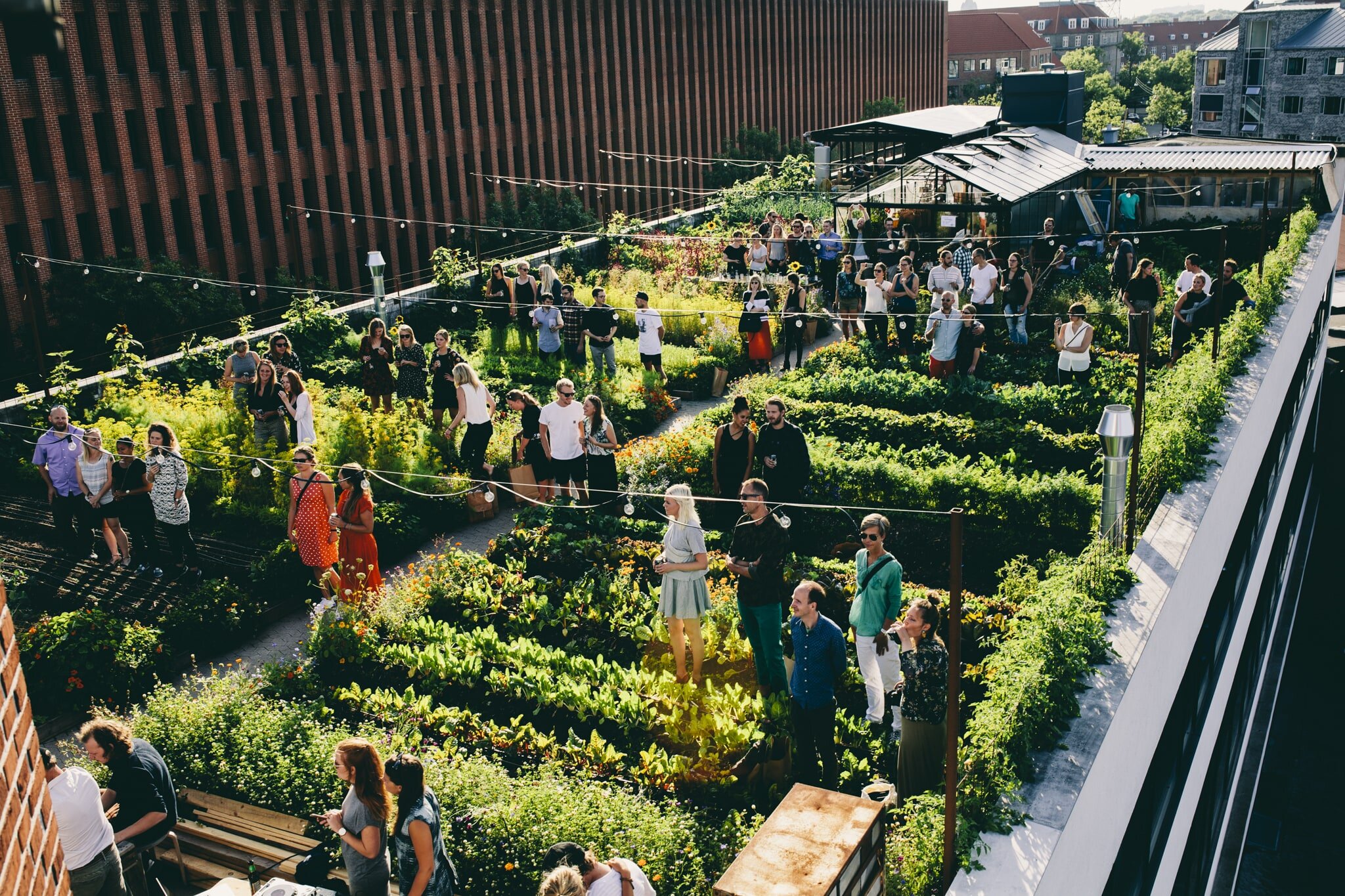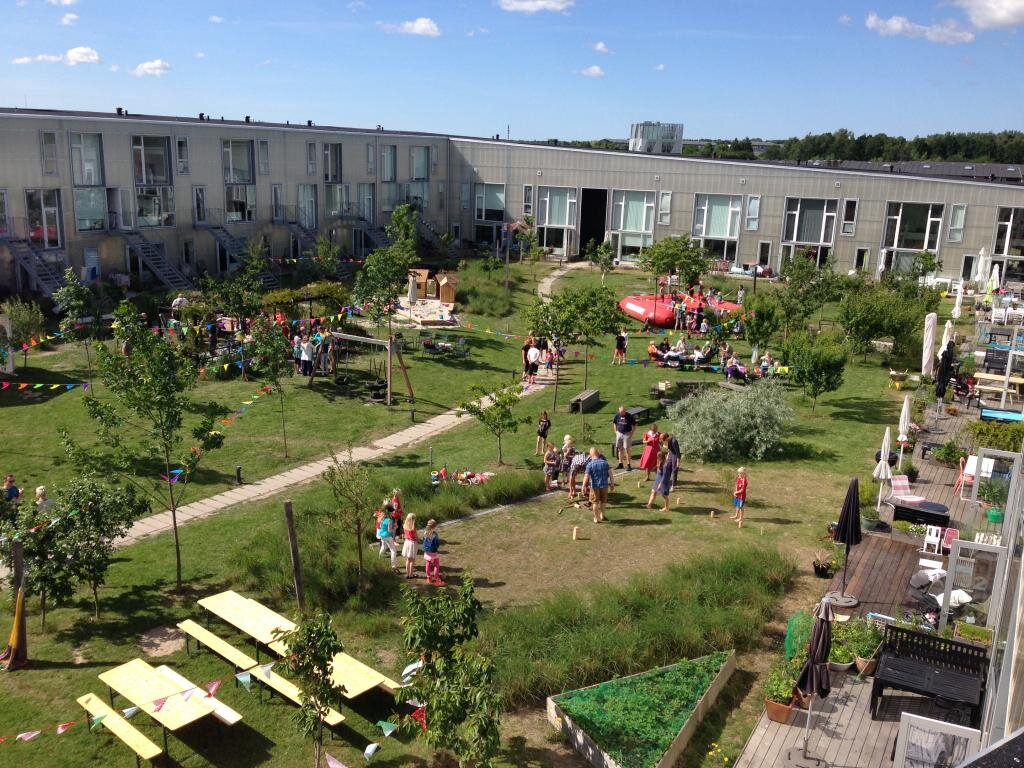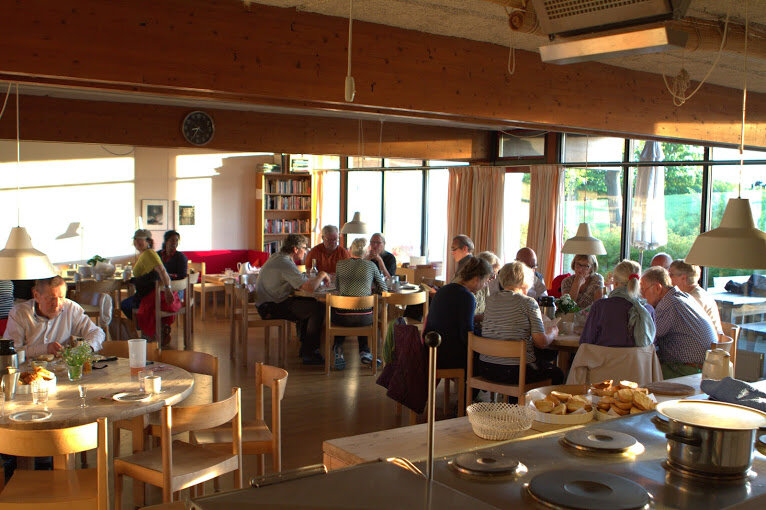What is a Coho?
A Coho is short for ‘Cohousing’. We like to think a coho is like a ‘micro village’. They are defined as intentional communities of private dwellings arranged around shared space. Each house or apartment is designed to have all the traditional amenities, including private kitchens and bathrooms. Shared spaces typically feature a club house, which may include a large kitchen and dining area, laundry facilities and workshops, or even business space for residents or the wider neighbourhood to bring income into the community. Shared outdoor space may include car pooling space, walkways, gardens and allotments. These spaces are often given priority in the design of cohousing initiatives, rather than facing homes towards a street of parked cars.
Cohousing began in the Netherlands in the 1960s and is growing in popularity across the world as more people are drawn to living in community in order to improve social connectedness and pool resources to increase affordability.
The benefits of designing common spaces into housing developments is well known within UK retirement housing. By increasing the chances of informal interactions between neighbours and encouraging wider participation in planned activities, like celebratory meals and exercise classes, more opportunity arise to develop meaningful connections and build a deeper sense of belonging. Cohousing simply opens up this opportunity for every generation, not just those in later life.


